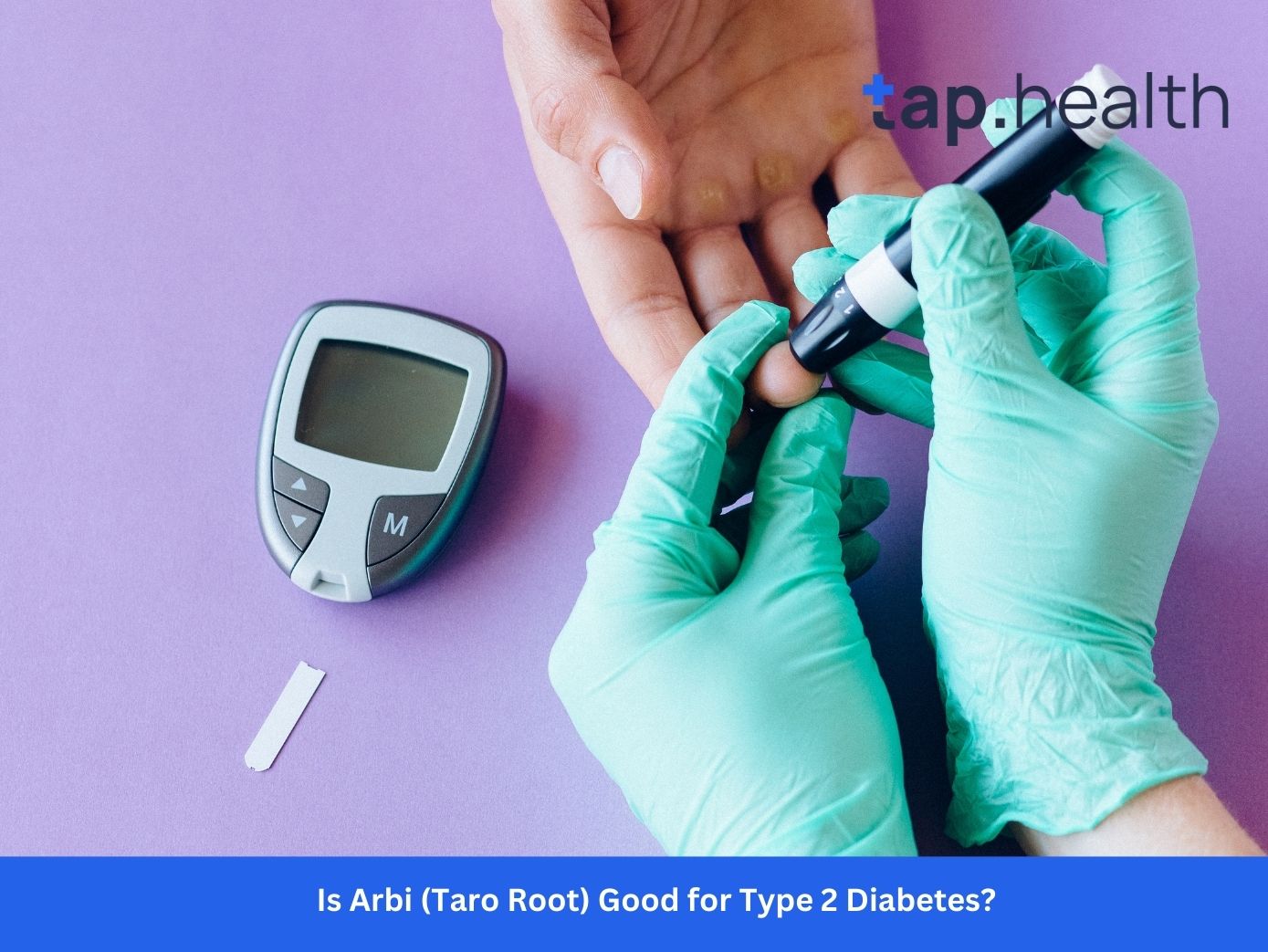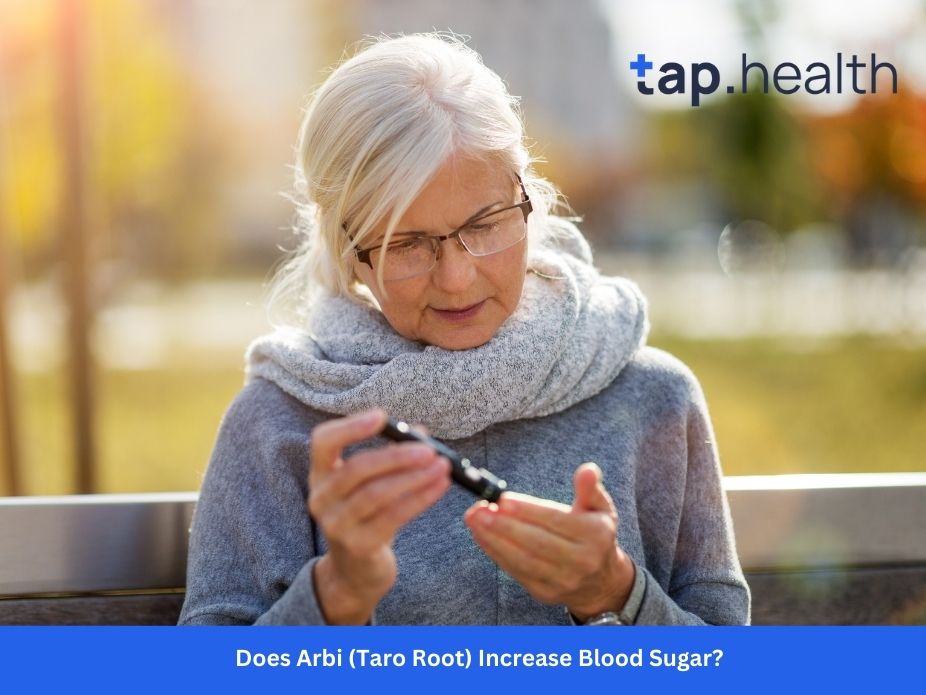Table of Contents
- Post-Adrenalectomy Diabetes Management Guide
- Life After Adrenalectomy: Wellbeing & Blood Sugar
- Maintaining Wellbeing After Adrenalectomy Surgery
- Adrenalectomy & Diabetes: Tips for a Healthier Life
- Nutrition and Exercise After Adrenalectomy
- Frequently Asked Questions
- References
Life after adrenalectomy can feel like navigating a whole new world, especially when it comes to managing your health. One of the biggest adjustments many face is the potential development or change in managing diabetes. This blog post focuses on Post-Adrenalectomy Life: Managing Diabetes and Wellbeing, offering practical advice and support to help you thrive. We’ll explore strategies for blood sugar control, discuss the importance of holistic wellbeing, and share insights from experts and personal experiences. Let’s work together to empower you to live your best life post-surgery.
Post-Adrenalectomy Diabetes Management Guide
Following adrenalectomy, managing diabetes becomes crucial, especially in the context of prevalent conditions like kidney disease in India and tropical countries. The risk of developing diabetic nephropathy, a serious kidney complication, is significant, with nearly 30% of individuals with diabetes experiencing this condition. Understanding how adrenalectomy impacts blood sugar control and taking proactive steps is vital for long-term health.
Monitoring Blood Sugar Levels
Regular blood glucose monitoring is paramount. Frequent checks, ideally multiple times a day, help you and your doctor understand your body’s response to medication and lifestyle changes. This is especially important in the post-adrenalectomy period where hormonal fluctuations can significantly impact blood sugar levels. Consider using a continuous glucose monitor (CGM) for more comprehensive data.
Medication and Diet
Your doctor will likely adjust your diabetes medication post-surgery. Adherence to the prescribed regimen is essential. Dietary adjustments are also crucial. A balanced diet rich in fruits, vegetables, and lean proteins, while limiting processed foods and sugary drinks, will help stabilize blood sugar levels. Consider consulting a registered dietitian familiar with diabetes management in the Indian context for personalized dietary advice. This is important due to the regional variations in food habits and their impact on blood sugar control. For more general tips, you might find our guide on 10 Proven Tips for Effective Diabetes Management helpful.
Lifestyle Changes and Regular Check-ups
Maintaining a healthy lifestyle, including regular exercise, is vital. Exercise helps improve insulin sensitivity and overall well-being. Regular check-ups with your endocrinologist and nephrologist are critical for early detection and management of potential complications such as diabetic nephropathy. Don’t hesitate to seek support from diabetes support groups available in your region; connecting with others facing similar challenges can be incredibly beneficial. Early intervention is key to preventing long-term complications. As you age, managing diabetes can present unique challenges. For insights into this, consider reading our article on Managing Diabetes as You Age: Challenges and Solutions.
Life After Adrenalectomy: Wellbeing & Blood Sugar
Understanding Post-Surgery Blood Sugar Levels
Adrenalectomy, the surgical removal of one or both adrenal glands, can significantly impact your body’s ability to regulate blood sugar. This is because the adrenal glands produce cortisol, a hormone crucial for glucose metabolism. Post-surgery, many individuals experience fluctuations in their blood glucose levels. Understanding these changes is vital for maintaining wellbeing. Remember, less than 140 mg/dL is considered normal, while 140–199 mg/dL suggests prediabetes, and 200 mg/dL or higher indicates diabetes. Regular monitoring is key to catching potential issues early. For more information on maintaining healthy blood sugar levels, see our article on Blood Sugar Levels.
Managing Blood Sugar in Tropical Climates
In hot and humid climates prevalent in many Indian and tropical countries, managing blood sugar post-adrenalectomy presents unique challenges. Dehydration, common in such environments, can exacerbate blood sugar imbalances. Staying well-hydrated is therefore crucial. Furthermore, adjusting your diet to include foods that regulate blood sugar, such as fiber-rich fruits and vegetables readily available locally, is important. Consider consulting a nutritionist familiar with the dietary needs of individuals with adrenal insufficiency in your region.
Seeking Support and Maintaining Wellbeing
Post-adrenalectomy care requires a holistic approach. Beyond managing blood sugar, focus on overall wellbeing. Regular exercise, stress management techniques like yoga or meditation, and adequate sleep are essential for recovery. Building a strong support network, including family, friends, and support groups, is also crucial for navigating the emotional and physical challenges of this condition. Connecting with an endocrinologist experienced in managing adrenal insufficiency in your region is highly recommended. They can help tailor a treatment plan specific to your needs and the climate you live in. It’s also important to be mindful of how sugar impacts overall health; for instance, see our article on The Impact of Sugar on Thyroid Health: How to Cut Back.
Maintaining Wellbeing After Adrenalectomy Surgery
Life after adrenalectomy surgery presents unique challenges, particularly concerning diabetes management. In Indian and tropical countries, where access to specialized care can sometimes be limited, maintaining wellbeing requires a proactive approach. The impact of diabetes on productivity is significant; studies show a 9-12% loss due to complications and absenteeism. This underscores the importance of diligent self-care.
Managing Diabetes Post-Adrenalectomy
Following adrenalectomy, your body’s ability to regulate blood sugar can be affected, increasing the risk of developing or worsening diabetes. Regular blood glucose monitoring is crucial, along with adhering strictly to your prescribed medication regimen. In hot and humid climates common in India and other tropical regions, dehydration can exacerbate diabetes symptoms. Prioritize hydration by drinking plenty of water throughout the day. A balanced diet rich in fresh fruits and vegetables, common in many Indian and South Asian cuisines, is vital. Consult your endocrinologist to create a personalized diabetes management plan.
Beyond Blood Sugar: Holistic Wellbeing
Beyond diabetes management, overall wellbeing is paramount. Stress management techniques, such as yoga or meditation, are particularly beneficial. These practices are deeply rooted in Indian culture and can aid in managing stress hormones, further improving your health. Effective Stress Management Tips for Better Diabetes Control can be invaluable in this process. Adequate sleep, regular exercise (considering the climate), and maintaining a strong support network are equally important. Remember, seeking support from family, friends, or support groups is vital for navigating the emotional and physical challenges of post-adrenalectomy life.
Seeking Support in Your Region
In India and tropical countries, access to specialized endocrinologists and diabetes care may vary. Actively seek out reputable healthcare providers and support groups in your local area. Don’t hesitate to ask questions and advocate for your health needs. Taking control of your wellbeing post-adrenalectomy is key to maintaining a productive and fulfilling life. Remember that incorporating Adrenal Health-Boosting Foods for Stress Relief into your diet can also contribute to your overall wellbeing.
Adrenalectomy & Diabetes: Tips for a Healthier Life
Life after adrenalectomy presents unique challenges, especially when diabetes is also a factor. Managing both conditions requires careful attention to diet, medication, and lifestyle. The impact is amplified in hot and humid climates prevalent in many Indian and tropical countries, where dehydration and heat stress can further complicate diabetes management. Remember, studies show smokers with diabetes face double the mortality risk due to cardiovascular issues. Quitting smoking is crucial for improving your overall health and longevity. This is especially important considering the heart health risks associated with diabetes, as highlighted in our article, Protect Your Heart from Diabetes: 5 Essential Steps.
Dietary Considerations
A balanced diet rich in fruits, vegetables, and lean protein is essential. Prioritize foods with low glycemic index (GI) to prevent blood sugar spikes. In hotter climates, staying hydrated is paramount; increase your water intake significantly throughout the day. Consider incorporating regionally available fruits and vegetables known for their high nutrient density and low GI, such as bitter gourd (karela) and drumstick (moringa) common in many parts of India. Regular blood glucose monitoring is key to adjusting your diet and medication as needed. Making even small lifestyle changes can have a big impact, as detailed in 5 Easy Lifestyle Changes to Manage Type 2 Diabetes.
Medication Management & Lifestyle
Strictly adhere to your prescribed medication regimen. Regular check-ups with your endocrinologist and other specialists are crucial to monitor your condition and adjust treatments based on your blood sugar levels, blood pressure, and overall health. Engage in regular, moderate exercise, but avoid strenuous activity during the hottest parts of the day. Prioritize your mental wellbeing; stress can significantly impact blood sugar levels. Explore stress-reducing techniques like yoga and meditation, readily accessible and culturally relevant in many Indian and tropical settings.
Seeking Support
Connecting with support groups or online communities of individuals facing similar challenges can provide valuable insights and emotional support. Remember, you are not alone. Access to affordable and accessible healthcare remains a key factor in successful management of adrenalectomy and diabetes. Seek guidance from your healthcare provider on available resources and support systems within your community. Take proactive steps towards a healthier and longer life.
Nutrition and Exercise After Adrenalectomy: A Diabetes-Friendly Guide
Recovering from an adrenalectomy (surgical removal of one or both adrenal glands) comes with unique health challenges, especially for people managing diabetes. Since 61% of diabetics worldwide fall in the 20–64 age group—a highly active demographic in India and other tropical countries—post-surgery care must focus on tailored nutrition, safe exercise, and climate-conscious habits.
Navigating Dietary Changes After Adrenalectomy
Your diet plays a vital role in stabilizing blood sugar levels and supporting recovery.
-
Eat smaller, frequent meals: Helps avoid spikes and dips in blood sugar.
-
Choose complex carbs: Whole grains like brown rice, millets, and oats are staples in Indian and tropical diets that provide steady energy.
-
Prioritize lean proteins and healthy fats: Lentils, fish, eggs, nuts, and seeds help balance blood sugar and support healing.
-
Avoid refined and processed foods: Cut down on sugary drinks, packaged snacks, and white bread.
-
Stay mindful of triglycerides: Diabetes and adrenal surgery may increase lipid concerns. For tips, check our guide: [Nutritional Strategies for Lowering Triglycerides].
Tailoring Exercise to Your Needs
Exercise improves circulation, strengthens muscles, and helps regulate blood sugar after adrenalectomy. But it’s important to start gradually and get medical clearance first.
-
Start slow: Begin with light activities like walking or stretching.
-
Choose climate-friendly options: In hot, humid regions, go for early morning or evening walks, swimming, or yoga to avoid extreme heat.
-
Incorporate traditional practices: Gentle movements like Surya Namaskar (sun salutations) provide strength and flexibility.
-
Prioritize joint health: Healthy joints ensure sustainable exercise—see our article on [Managing Osteoarthritis with Diet] for added guidance.
Consistency is more beneficial than occasional intense workouts. Aim for 30 minutes of moderate activity most days of the week.
Regional Considerations in Tropical Climates
Living in warm, humid climates adds extra care requirements:
-
Stay hydrated: Drink water and electrolyte-rich fluids regularly.
-
Avoid peak heat hours: Exercise in the early morning or evening.
-
Choose light, fresh foods: Seasonal vegetables, fruits with low glycemic index (like guava or citrus), and fermented foods support gut and metabolic health.
Key Takeaway
Managing diabetes after adrenalectomy requires a holistic approach—balanced nutrition, climate-appropriate exercise, hydration, and regular blood sugar monitoring. Work closely with your doctor or a registered dietitian specializing in diabetes management to design a plan tailored to your health needs and regional lifestyle. With the right strategy, you can enjoy a healthy and fulfilling life post-surgery.
Frequently Asked Questions
Q1. How often will I need to check my blood sugar after adrenalectomy?
You will likely need to monitor your blood sugar levels multiple times daily after adrenalectomy. Continuous glucose monitors (CGMs) can be helpful.
Q2. What kind of diet should I follow after adrenalectomy to manage diabetes?
A balanced diet is crucial. It’s highly recommended to consult a registered dietitian familiar with your region to create a personalized plan that incorporates locally available foods.
Q3. What lifestyle changes can help manage post-adrenalectomy diabetes?
Regular exercise and stress management techniques, such as yoga, are vital for managing diabetes after adrenalectomy. Maintaining a healthy lifestyle is key.
Q4. What are the potential long-term complications of diabetes after adrenalectomy, and how can they be detected early?
Diabetic nephropathy (kidney damage) is a potential complication. Regular check-ups with endocrinologists and nephrologists are essential for early detection.
Q5. What support systems can help me cope with the emotional and physical challenges of managing diabetes after adrenalectomy, especially in hot climates?
Support groups and open communication with your healthcare providers are crucial. In hot, humid climates, staying hydrated is especially important because dehydration can worsen diabetes symptoms.
References
- A Practical Guide to Integrated Type 2 Diabetes Care: https://www.hse.ie/eng/services/list/2/primarycare/east-coast-diabetes-service/management-of-type-2-diabetes/diabetes-and-pregnancy/icgp-guide-to-integrated-type-2.pdf
- Diabetes Mellitus: Understanding the Disease, Its Diagnosis, and Management Strategies in Present Scenario: https://www.ajol.info/index.php/ajbr/article/view/283152/266731



